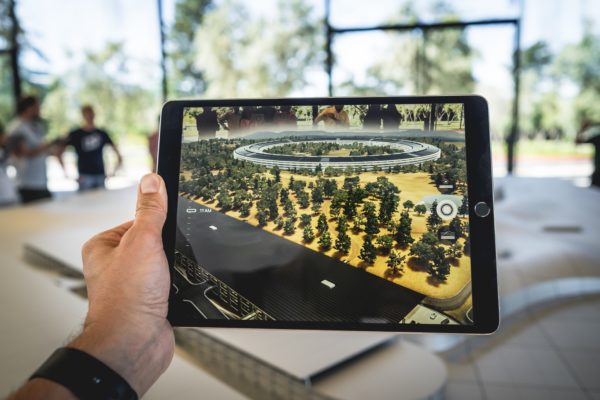Nanobiotechnology and its uses in sustainable agriculture will be the focus of an international conference hosted by the TERI Deakin Nanobiotechnology Centre.
From treating seeds with nano-fertilisers and pesticides to converting waste into biologically synthesised agrichemicals, nanobiotechnology has opened up a new world of possibilities in sustainable agriculture.
These possibilities, as well as achievements in the field so far, will be explored during the upcoming “International Conference on Nanobiotechnology for Agriculture: From Research to Innovation”.
Organised by the TERI Deakin Nanobiotechnology Centre (TDNBC) and held in New Delhi, India, on November 20-21, the conference will bring together more than 170 international participants from R&D institutes, academia and industry.
Deakin University presenters include Colin Barrow, Alfred Deakin Professor and Chair in Biotechnology at the Centre for Chemistry and Biotechnology; Professor David Cahill, Associate Dean (Research) with the Faculty of Science, Engineering and Built Environment; Professor Lingxue Kong from the Institute for Frontier Materials; and Jagat Kanwar, Professor in Nanomedicine in the School of Medicine.
Professor Barrow explained that, while nanotechnology enables the manipulation and building of objects at smaller and smaller scale, nanobiotechnology is the application of these nanomaterials to agriculture, food and medicine.
[testimonial_text]The role of nanobiotechnology has never been more crucial to countries such as Australia and India, which are challenged by environmentally significant factors, such as unreliable rainfall, poor soils and climate change.[/testimonial_text]
[testimonial_picture name=”Alfred Deakin Professor Colin Barrow” details=”Chair in Biotechnology CCB”]
 [/testimonial_picture]
[/testimonial_picture]“The conference will not only include discussions about the current and future scope of nanobiotechnologies and their potential for use in agriculture, but also promote future collaborations for accelerated product development for agricultural applications,” he said.
“The discussions and debate from the conference will be used to prepare a draft report that will prioritise future research areas, identify areas for innovation and highlight how nano-enabled systems could help address contemporary issues in agriculture such as efficient delivery of pesticides and nutrients and post-harvest management.”
With a focus on research into the global challenges of food security and sustainable agriculture, the TDNBC is the world’s first dedicated nanobiotechnology research centre. It combines The Energy and Resources Institute of India’s (TERI) experience in biotech applications in food, agriculture, environment and bioenergy with Deakin University’s expertise in nanomaterials and earlier this year opened expanded facilities at TERI’s Gwal Pahari campus in Guragon, Haryana, India.
TDNBC research has already resulted in technology that includes water purification devices for rural communities without access to electricity, conversion of waste into useful biologically synthesised agrochemicals, and the treatment of seeds with nano-fertilisers and pesticides.
Published by Deakin Research on 14 November 2017



